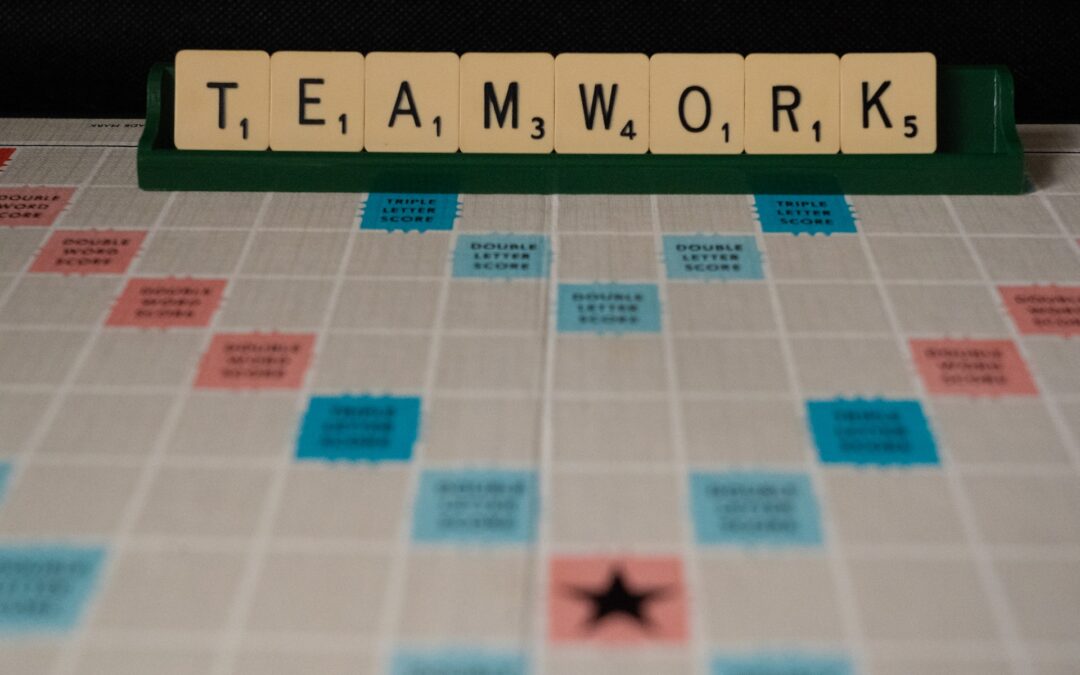As an organisation, we are passionate about promoting sustainable behaviour and helping people make positive changes in their lives. We understand that changing our own behavior can be a daunting task that requires a deep understanding of the social groups we belong to. That is why we’ve created a board game that offers a safe, playful, and action-enabling environment for participants. In this blog post, we will be reflecting on the importance of our board game and how it can encourage you to think about climate change. Whether you are a community looking to understand and adapt to climate change or a company seeking to create a more environmentally friendly workplace, we believe that our game can make a significant difference. So, let’s dive in and explore the world of sustainable behavior change together!
Ready! Our initiative Game Day is centered on a collaborative board game, Minions of Disruptions™. The game is designed to engage existing teams and groups, specifically, 1) organisations – including for-profit companies, NGOs, and government agencies; – and 2) communities, such as friends, neighbors, hobby clubs, etc.
In the game, players are faced with climate change challenges on the board and are encouraged to think about the kinds of climate change challenges they experience in their everyday lives through gameplay. For organisations, the game aims not only to communicate the impacts of climate change at the organisational level, it also provides opportunities for team-building and professional development, and to drive climate and sustainability action in the workplace. For communities, players can consider climate solutions that work for them as individuals and as members of their communities, so that they can see how they could adapt to climate change in their own way.
Action! Engaging with climate change, and feeling empowered to act, are important first steps. The next step – though easier said than done – is to act, especially as a group.
The surrounding environment in which people behave has become a hot topic amidst climate change behaviour researchers in recent years. As researchers have identified through case studies on farmers’ behaviour in climate adaptation, three distinct areas of knowledge are important to understanding people’s behaviour. These three areas can be used to guide the interdisciplinary design: decision-making model, cross-scale and cross-level pressures; and temporal dynamics. Taking a closer look at the elements of Minions of Disruptions™, we can see these areas underlie elements of the game.
The first area, the decision-making model, refers to the fact that social networks and power relations affect the choices that farmers make when making decisions. We see this reflected in the superpowers of the game characters Zillians, and strategically how each person’s decision affects other players in the game as well as the network.
The second recognises that pressures often cut across multiple scales and levels (like global vs local and the near vs distant future) which interact with each other and affect behaviour. When playing the game, participants feel pressure when racing against climate disruptions. Here, we see how important collaboration is, as players are able to communicate with each other and work together to minimise these pressures.
The third area, temporal dynamics, highlights the need to understand behavioural patterns over time for sustainable and durable behavioural change, and asks what dynamics (such as social learning) influence peoples’ behaviour over time. After playing the game, one participant reflected that “You don’t have to solve everything in one throw of the dice. It’s step by step and you have your turns and during your turns you’ve had time to think and to see how things are evolving. You may have some good luck in something that is happening and suddenly things are much better than you were expecting. But you need to do some work step by step.”
All three areas need to be addressed simultaneously to understand farmer behaviour, which can then be used to guide further research. Similarly, serious games have more potential to successfully empower players if they are designed with the understanding that individuals do not act in isolation and that their behaviour is influenced by their networks, and relevant game elements are integrated. This is especially true for a problem as complex and wicked as climate change.
Let’s Play! It’s time to get ready, take action, and play our way to a more sustainable future. Changing our own behaviour is a challenging task, and influencing behavioural change in others is even more complex. It requires an understanding of the individual, the social group that they are a part of, and the greater environment in which they live. Day of Adaptation’s board game, Minions of Disruptions™, considers these factors to ensure the game is effective in promoting sustainable behaviour and encouraging communities and organisations to take action.
About the Author:
Julia Eichhorn has an MSc in Environmental Psychology from the University of Groningen. She is curious about the psychological and cognitive mechanisms underlying climate change adaptation and behavioural change, and is passionate about building the resilience and adaptive capacity of local communities.

